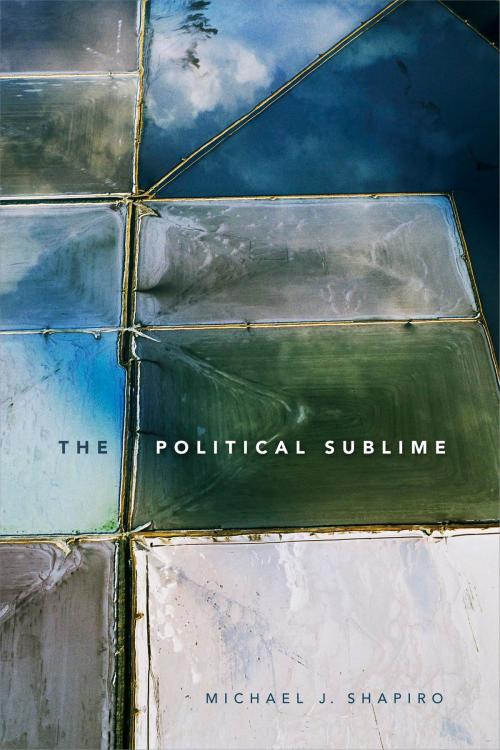The Political Sublime
Nonfiction, Religion & Spirituality, Philosophy, Aesthetics, Ethics & Moral Philosophy| Author: | Michael J. Shapiro | ISBN: | 9780822372059 |
| Publisher: | Duke University Press | Publication: | March 15, 2018 |
| Imprint: | Duke University Press Books | Language: | English |
| Author: | Michael J. Shapiro |
| ISBN: | 9780822372059 |
| Publisher: | Duke University Press |
| Publication: | March 15, 2018 |
| Imprint: | Duke University Press Books |
| Language: | English |
In The Political Sublime Michael J. Shapiro formulates an original politics of aesthetics through an analysis of the experience of the sublime. Turning away from Kant's analysis of the sublime experience as a validation of the existence of a universal common sense, Shapiro draws on Deleuze, Lyotard, and Rancière to show how incomprehensible events and dilemmas provide openings for new political formations. He approaches the sublime through a range of artistic and cultural texts that address social crises and natural disasters, from the writing of James Baldwin and Ta-Nehisi Coates to the films of Ingmar Bergman and Spike Lee; these works suggest ways to channel the disruptive effects of the sublime into resistance to authority and innovative political initiative. Whether stemming from the threat of nuclear annihilation or the aftermath of an earthquake, the violence of racism and terrorism or the devastation of industrialism, sublime experience, Shapiro contends, allows for a rethinking of events in ways that reveal, redistribute, and create conditions of possibility for alternative communities of sense.
In The Political Sublime Michael J. Shapiro formulates an original politics of aesthetics through an analysis of the experience of the sublime. Turning away from Kant's analysis of the sublime experience as a validation of the existence of a universal common sense, Shapiro draws on Deleuze, Lyotard, and Rancière to show how incomprehensible events and dilemmas provide openings for new political formations. He approaches the sublime through a range of artistic and cultural texts that address social crises and natural disasters, from the writing of James Baldwin and Ta-Nehisi Coates to the films of Ingmar Bergman and Spike Lee; these works suggest ways to channel the disruptive effects of the sublime into resistance to authority and innovative political initiative. Whether stemming from the threat of nuclear annihilation or the aftermath of an earthquake, the violence of racism and terrorism or the devastation of industrialism, sublime experience, Shapiro contends, allows for a rethinking of events in ways that reveal, redistribute, and create conditions of possibility for alternative communities of sense.















